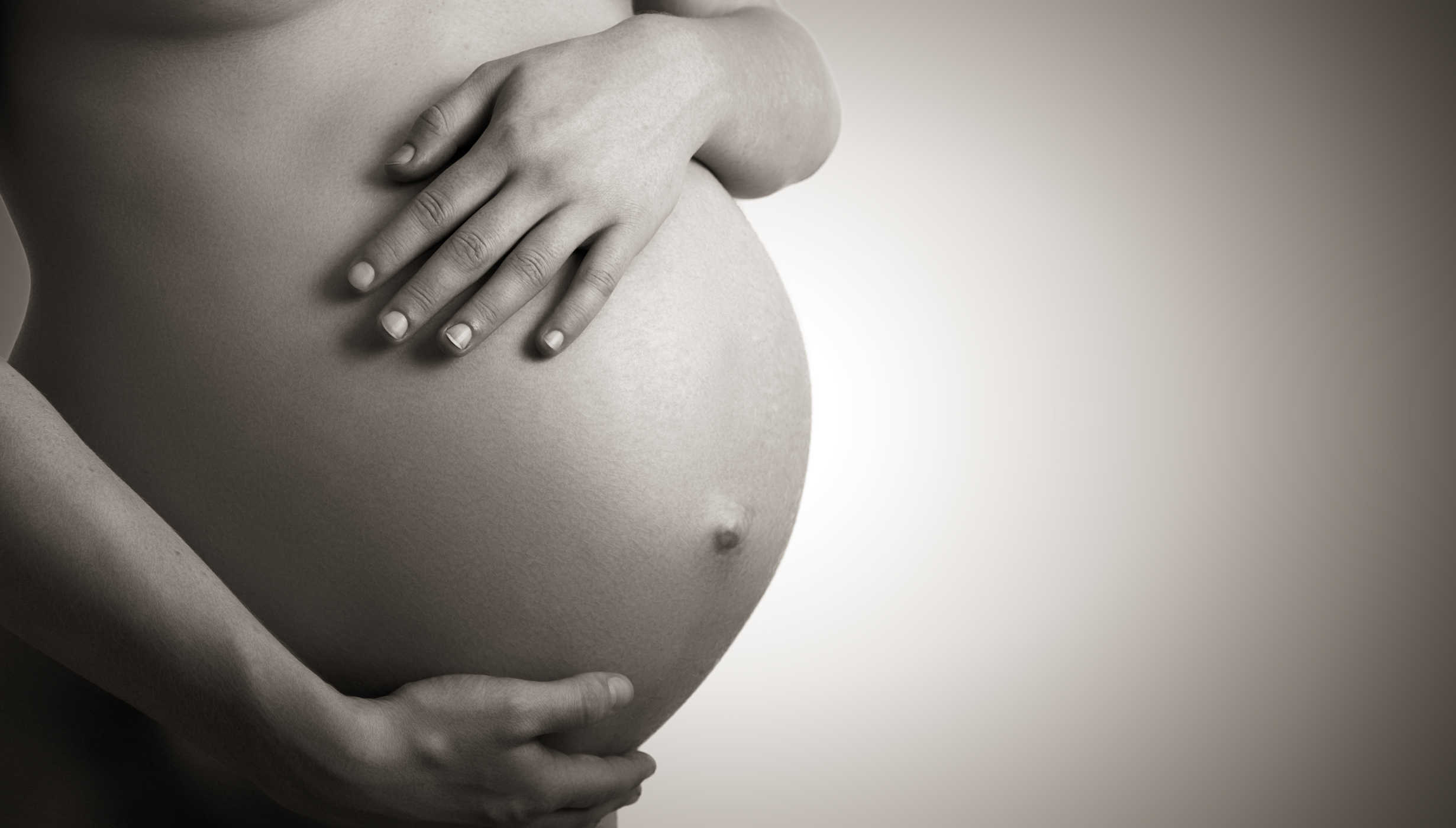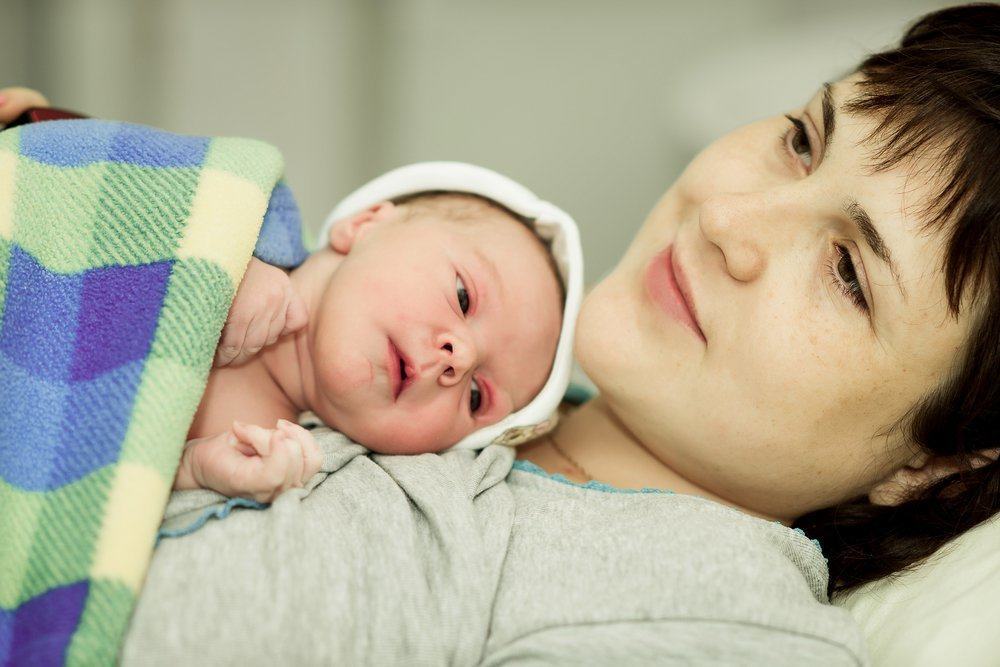Contents:
- Medical Video: Pregnancy Causing Restless Sleep
- Poor sleep quality can affect fetal growth
- Poor sleep quality is associated with complications in pregnant women
- How is sleep good for pregnant women?
- Sleep position during pregnancy
- Sleep time during pregnancy
Medical Video: Pregnancy Causing Restless Sleep
When you are pregnant, of course your lifestyle must change to a healthy lifestyle to support the growth and development of your fetus in the womb. You may change your diet, you will eat more foods with balanced nutrition, exercise, and so on. Not to forget, all you have to do is get good quality sleep. Yes, the quality of sleep for pregnant women can also affect fetal growth and development.
Poor sleep quality can affect fetal growth
Sleep is a basic human need, not least when you are pregnant. Even a good quality of sleep you really need when you are pregnant. Good sleep quality can even support the growth and development of your fetus.
A number of studies have shown that poor sleep quality, such as mothers having difficulty breathing during sleep, poor sleep patterns, and insomnia, have a negative impact on pregnancy. Sleep disorders in pregnant women are associated with hypertension, gestational diabetes, and fetal growth barriers, where all of these are risk factors for stillbirths (stillbirth).
The fetus that develops in the womb of the mother needs nutrition and oxygen, but this blood flow that carries nutrients and oxygen can experience interference when the mother has problems sleeping. Because the nutrients and oxygen received by the fetus do not meet their needs, then later this can lead to stunted growth and development of the fetus.
READ ALSO: 11 Amazing Facts About Fetal Growth In Contents
Lack of sleep or poor sleep can also reduce the amount of growth hormone released. So, this can also cause problems in the growth and development of the womb.
You need to know that blood flow from mother to fetus experiences a peak when the mother sleeps. When there is a disruption during sleep, such as sleep apnea which causes the supply of oxygen to the mother's body to pause during sleep, the fetus will react by decreasing heart rhythm and acidosis. Of course, this can harm the fetus.
Poor sleep quality is associated with complications in pregnant women
Poor sleep quality can decrease your immune system. In addition, breathing disorders during sleep or sleep apnea can also make you have a higher risk of experiencing pregnancy complications. In the end, poor sleep during pregnancy can increase the risk of premature birth, fetal growth barriers, and health or death problems in newborns.
Snoring and sleep apnea during sleep, especially during the second and third trimesters, can interfere with your breathing during sleep. This can then affect the health of your pregnancy. Sleep disturbances during sleep can also make you have a higher risk of developing hypertension, preeclampsia, gestational diabetes, and pulmonary hypertension.
READ ALSO: Differences in gestational hypertension, preeclampsia and eclampsia
Research has shown that pregnant women with preeclampsia have poor sleep quality. Pregnant women with preeclampsia usually snore during sleep. This can cause swelling along the airways, so that it can narrow the road through the air. In addition, pregnant women who are overweight (obese) or have a large neck circumference usually experience problems sleeping during pregnancy.
Sleep apnea or stopping shortness of breath may be related to blood pressure. A surge in blood pressure can cause changes in blood vessels and increased blood pressure. This can reduce the volume of blood pumped by the heart, so that blood flow to the fetus through the placenta can decrease. Decreasing blood flow to the fetus can then reduce the nutrients and oxygen that the fetus receives. As a result, fetal growth and development can be disrupted.
Poor sleep can also increase the risk of obesity and diabetes. Pregnant women who lack sleep can experience changes in glucose regulation and appetite control. In addition, the habit of snoring and sleep apnea in pregnant women can also increase the risk of gestational diabetes.
READ ALSO: Not Only In Mothers, Preeclampsia Also Affects Infants
How is sleep good for pregnant women?
Good sleep is determined by many things, including sleep time and how well you sleep (no disturbances during sleep). Sleep position also has an important role so that you get good quality sleep.
Sleep position during pregnancy
Many experts recommend that you sleep on your left side while pregnant. This can prevent the uterus from experiencing pressure from the liver. Sleeping sideways to the left can also increase blood circulation to the heart, fetus, uterus, and kidneys.
If you sleep on your right side, this can put pressure on the uterus from the liver. Sleeping in a recumbent position can also inhibit blood flow because there is pressure on the inferior vena cava blood vessels (large veins that bring blood back to the heart).
Any sleeping position that makes you uncomfortable or causes problems for you can also cause problems in your baby. In fact, several studies have shown that maternal sleeping position can be a risk factor for stillbirths (stillbirth) For that, you need to find a comfortable position when you sleep. You can use a pillow as an aid in finding a comfortable sleeping position.
READ ALSO: The Most Sound Sleep Position For Pregnant Women
Sleep time during pregnancy
Changes that occur in the body during pregnancy may make it more difficult for you to fall asleep or often experience disturbances during sleep. However, pregnant women still need more sleep and need to sleep early at night. This is beneficial for the health of the mother and fetus in the womb. A professor of nursing from the University of California, Kathy Lee, recommends that pregnant women sleep for 8 hours every night, reported from LiveScience.
Research published by the American Journal of Obstetrics and Gynecology shows that pregnant women (first pregnancy) who sleep less than 6 hours at night are 4.5 times more likely to give birth by caesarean section and they need an average of 10 hours hours or more for childbirth, compared to pregnant women who sleep 7 hours or more. Other studies also show that sleep deprivation can increase the risk of babies experiencing premature birth.












